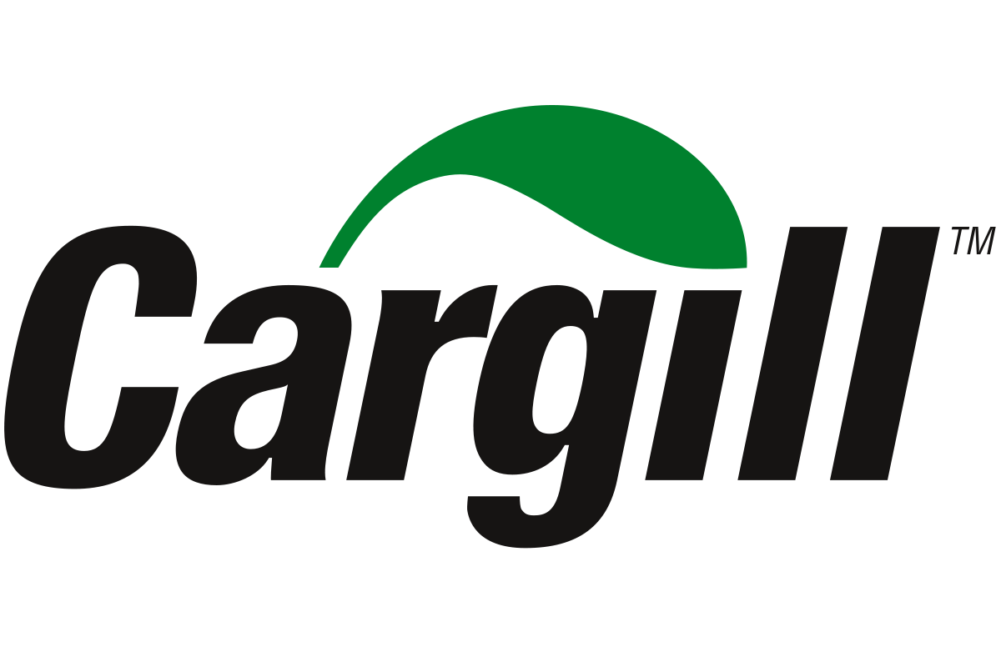MINNEAPOLIS — Cargill has invested $78 million in efficiency and sustainability projects within the company’s operations, according to the company’s 2023 ESG report. The 164-page report, which was issued on Nov. 7, highlights the progress that Cargill has made toward its sustainability goals.
One of these goals involves reducing greenhouse gas from direct operations and from purchased energy, otherwise known as Scope 1 and 2 emissions. Cargill said the Science Based Targets initiative (SBTi) has set and approved the company’s Scope 1 and 2 target in 2019 against a 2017 baseline. According to the ESG report, Cargill reduced emissions from its operations by 10.97% as of calendar year 2022 against its 2017 baseline, exceeding the company’s goal of reducing 10% of “absolute operational” GHG emissions by 2025. Cargill said it achieved this milestone due to systematic implementation of process efficiency and technologies at its facilities as well as increased consumption of renewable energy at its plants.
According to Cargill’s ESG report, the company has made efforts over the last year to source additional renewable energy. One of these efforts involves partnering with an Indonesian government-owned electric utility company called PLN to supply bundled energy and Tradable Instruments for Global Renewables (TIGRs), the latter of which are energy attribute certificates acquired from renewable resources such as wind, solar, geothermal and hydropower. Cargill said it purchased more than 70,000 megawatt hours of clean electricity from PLN, supporting seven company sites in Indonesia and reducing more than 50,000 tonnes of carbon dioxide equivalent (CO2e).
Moreover, Cargill has 14 other online projects in 12 countries through the procurement of Power Purchase Agreements (PPAs) for wind and solar, the report noted. Cargill also executed four more contracts for offtake from projects that will come online in the next two years. The company expects its renewable electricity mix to reduce 715,000 tonnes of CO2e emissions per year once the upcoming projects become fully operational in 2024.
The report also said Cargill advanced regenerative agriculture practices on 880,000 acres of North American land since 2020, nearing closer to its goal of 10 million acres by 2030. These practices include planting cover crops, reducing tillage, rotational grazing and optimizing nutrient management. Cargill said it is increasing regenerative agriculture through programs such as Cargill RegenConnect, which pays farmers for improved soil health and positive environmental outcomes to connect them to the growing environmental marketplace. The company expanded this program from 15 to 24 US states in 2023 as well as several European countries such as Germany, Poland, Romania and France. Cargill RegenConnect also received the 2023 Edison Award in recognition of creating a more resilient and secure food system.
“When it comes to urgent challenges facing people and the planet, Cargill’s connections across the food system give us the opportunity — and responsibility — to deliver meaningful solutions,” said Brian Sikes, president and chief executive officer of Cargill. “The problem-solving potential of agriculture has always been essential in nourishing people, supporting the livelihoods of farmers and food workers, and unlocking opportunities for growth. Leading with our values, Cargill is working to help achieve zero hunger, decarbonize our industries, protect and restore natural resources, and ultimately improve people’s lives.”
For access to the full report, click here.

